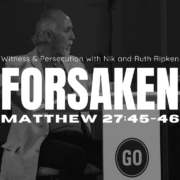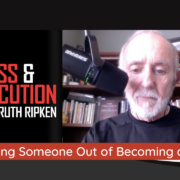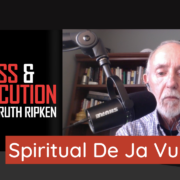Finding Paul & Esther
In western Christianity, we often fail to choose leaders in a biblical way. Persecuted believers also raise up and train leaders. Nik walks through the spiritual, biological, and cultural profiles of pastors, teachers, evangelists, and church planters in parts of the world defined by persecution.




